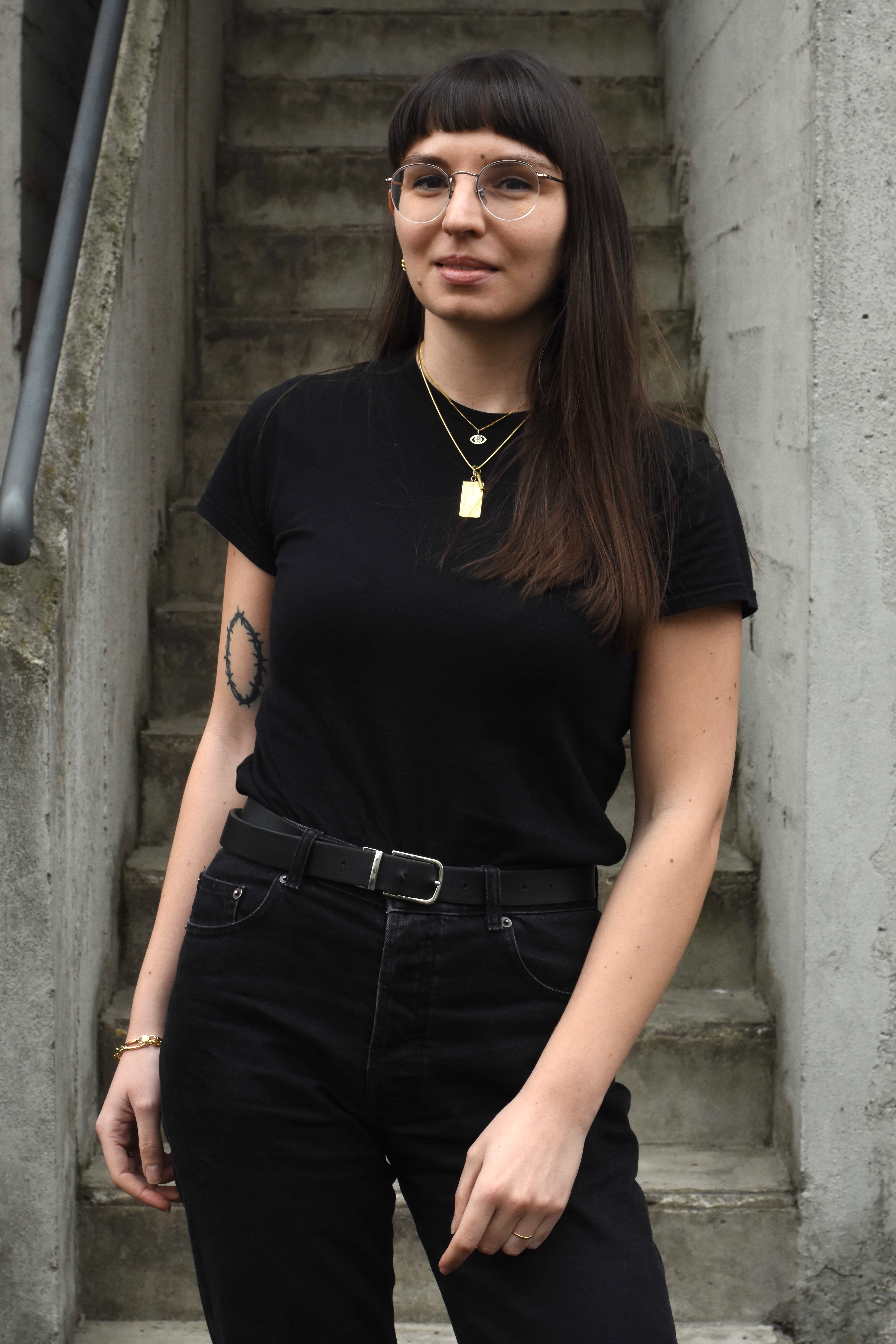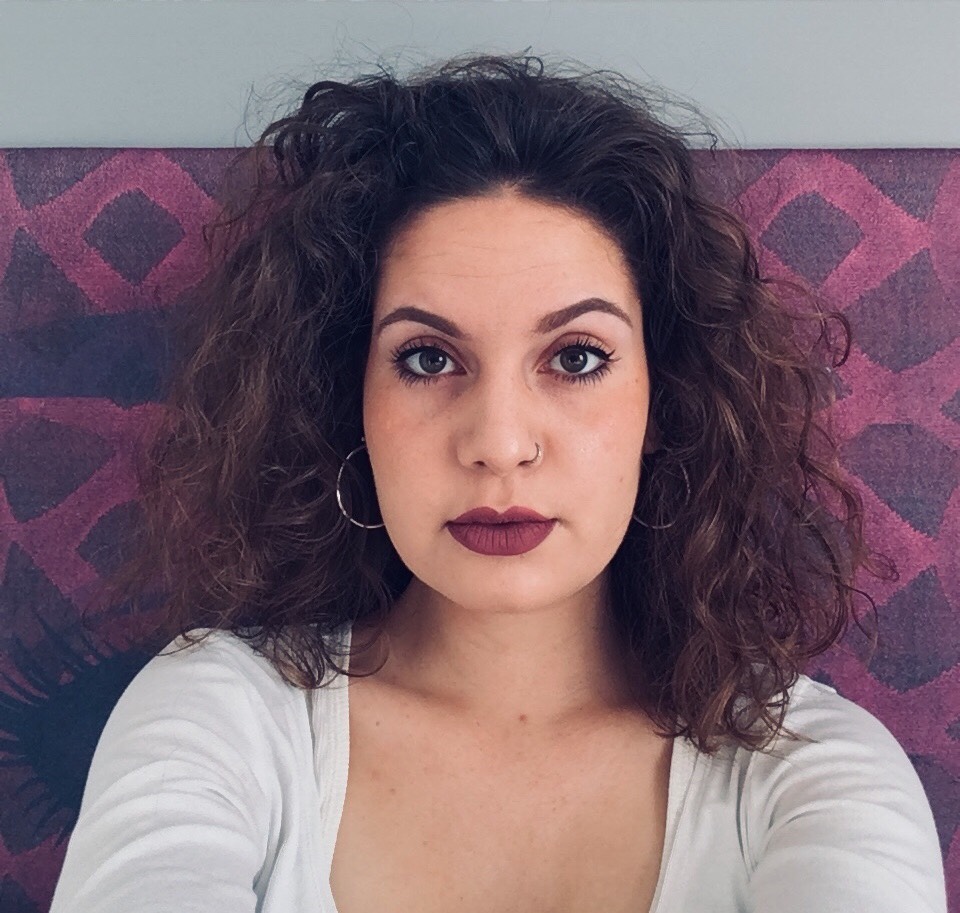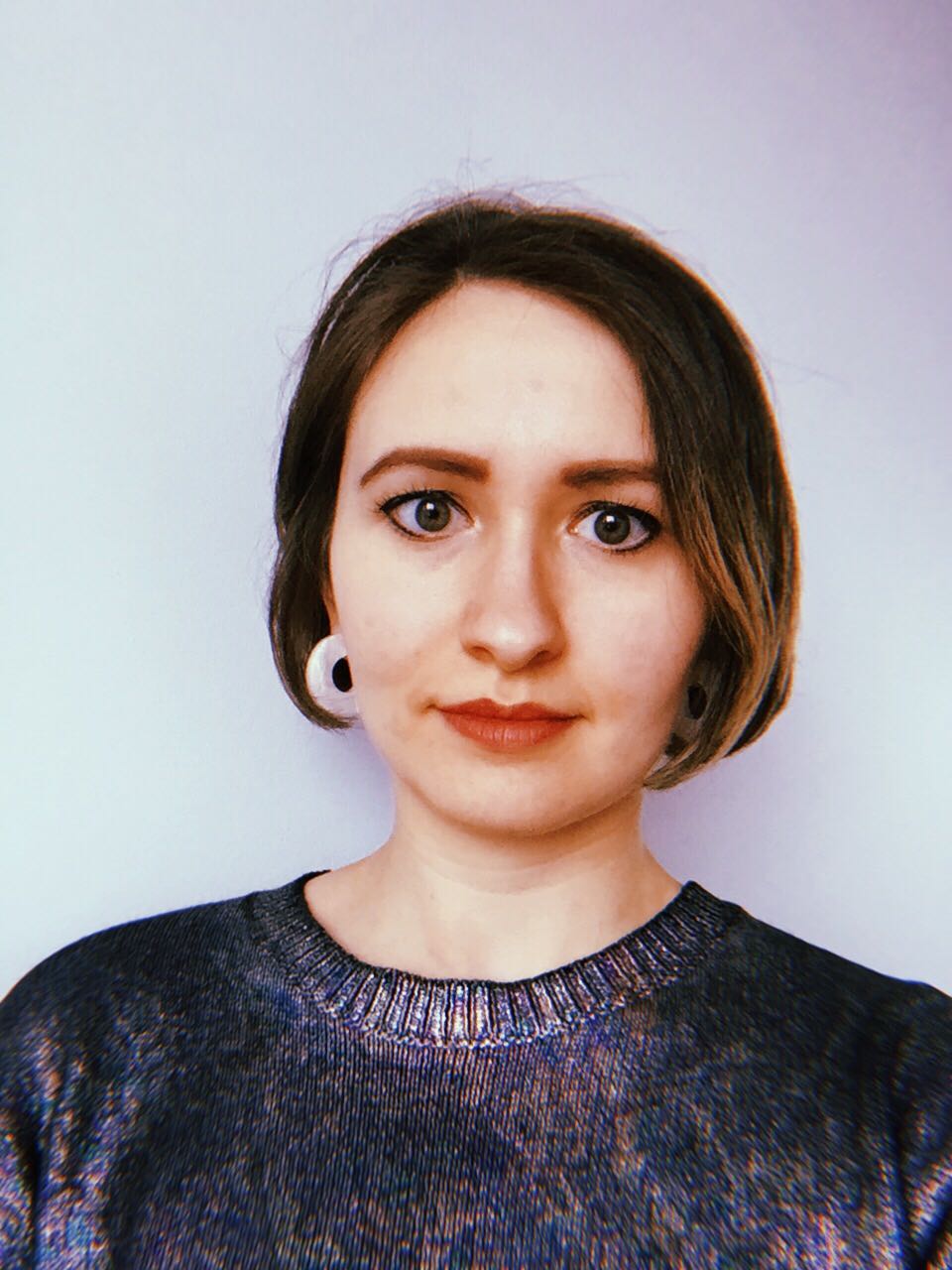As we cruise through the final year of the decade, we’re reflecting on what a tumultuous 10 years it’s been for women’s rights. Abortion was legalized in Ireland after a painful, protracted, and ultimately triumphant campaign from the Repeal the Eighth movement. The Me Too movement galvanized a generation of women around the world to speak their truth, name their abusers, and seek justice. Internationally, we openly discussed issues of rape, coercion, and sexual assault—and powerful abusers like Harvey Weinstein, Bill Cosby, and R. Kelly began to face consequences for their misconduct.
But the decade that brought us Me Too was also the decade of Brock Turner, Betsy DeVos’ rollback of Title IV protections, and the election of Donald Trump. The arc of history may always bend towards justice eventually; but sometimes it curves away from what is right on its way: We make progress before we are set back, and vice versa.
Videos by VICE
As we celebrate International Women’s Day 2019, Broadly asked women around the world what they’d like to see change by 2020.

Alice Rossi, Italy
If I had to pick one thing I’d like to see change in 2020, it would be the rhetoric around being a woman. I’m tired of being represented by patriarchal, traditional expectations of femininity—but I’m just as tired as by the faux-empowering rhetoric we often see today, which suggests that a woman doing anything at all is somehow an inherently feminist act. I don’t need to be told that going braless is “empowering” as much I don’t need patriarchy.
In less than one year, Italian government representatives have spoken out against abortion and same-sex parenting, have pushed for divorce reforms whose consequences may hurt domestic violence victims, and are now set to officially support the 2019 World Congress of Families—an international coalition that push an anti-abortion, anti-LGBTQ agenda.
As someone living in Italy in 2019, there’s a more pressing issue we need to tackle: the war being waged on women and civil rights by our government, all under the guise of defending so-called traditional family values. Maybe one single year isn’t enough for such a change.

Andreea Pocotilă, Romania
In 2020, I’d like to see male politicians stop talking to their female colleagues in vile, offensive, and sexist terms. Just a few months ago, the Vice Mayor of Bucharest told a female colleague that she should go back to her mother’s cunt, an insult that probably makes more sense in Romanian than in English, but is just as offensive. (He actually wrote it down in the meeting’s official record.) Another male politician told a woman from a different party to “go suck dick.” A member of the Parliament mimicked masturbation when addressing a woman from the opposition. It’s depressingly common for Romanian male politicians to make public sexual remarks or obscene gestures when talking to their female colleagues. This needs to stop.

Nava Mau, USA
All over the world, trans people face exorbitant levels of violence. This is true even for trans people in the United States. We are in the midst of a crisis that has led to the murder of at least 25 transgender women in 2018 alone. Of these documented cases, almost every single one was a trans woman of color, and this epidemic of violence especially targets Black trans women. The violence trans women face is directly tied to disastrous levels of discrimination from institutions that provide housing, health care, and employment. This has to end, and we have the power to change these institutions. Any transformation of our society that will benefit women must center the liberation of Black trans women, who are among the most vulnerable yet powerful communities in the world. With the understanding that cycles of violence are deep-rooted and require long-term interventions, I would like to see our communities and institutions prioritize transformative policies and practices to move towards the eradication of violence against trans people by 2020.

Iva Paradjanin, Serbia
My biggest wish is to see workplace discrimination against women disappear, because it is endemic here. In Serbia, women have a higher unemployment rate, earn less, and often endure sexual harassment in the workplace. I’ve seen many instances of women’s employment rights being violated: New mothers have their wages decreased, or are even fired. Things are so bad that there were numerous street protest organised by moms all over Serbia last year.
One recent case was the closest thing that Serbia has had to a #MeToo moment. It involved a woman who reported her boss, the mayor of a small municipality in Serbia, for sexual harassment. After she came out, seven more women accused the man of sexual harassment, but despite that, charges have yet to be filed against him. Meanwhile, his victims endure insults and condemnation on social media every day from trolls who blame them for putting up with the harassment for so long.
I wish that in 2020, the structures that shield sexual predators will disappear, and that they will be held accountable for their actions, regardless of how powerful they may be.

Laura Woldenberg, Mexico
In 2020, I want abortion to stop being illegal, unsafe, and expensive. I want laws to protect our rights, and I want abortion to be legalized across Latin America. Right now in Mexico, women are in prison serving sentences for homicide simply for terminating unwanted pregnancies. In El Salvador, women have to buy unsafe abortion pills on the black market. In Colombia, women go to dangerous, unregulated clinics to have abortions.
I wish for abortion to stop being debated in moral terms rather than social ones. We need to stop abstractly debating whether life begins at conception and think more about the women who die trying to abort pregnancies in clandestine clinics. In 2020, I want sex education so women can be informed about their reproductive choices, contraceptives on demand, and legal, safe abortion so women stop dying needlessly.

Tiffany Mugo, South Africa
In 2020, I’d like to see proper sex education being taught to young people across South Africa. At the moment, misinformation is rampant. Sex is great, but it can be scary and sometimes messed-up—so I would love to see comprehensive sex education become commonplace, rather than something that only revolutionary spaces do. We need to learn about consent, alternate sexualities, pleasure, and body ownership at earlier ages.
South Africa has a major problem with sexual assault and schoolgirl pregnancies, and this mess can only be cleaned up through having a healthy, holistic understanding about sex. At the moment, all we teach from a sex education perspective is that you should try not to get STIs and not to get pregnant. Also, avoid HIV and AIDS while you’re at it. That’s not good enough. We need to be having open and honest conversations about sex from early on. These conversations could help to bring about a future where sexual violence and abuse would become less commonplace. Let’s start giving people the right knowledge about sex. It’s much better than sex education that’s rooted in ideas of abstinence, or scaring the heebie-jeebies out of people.

Badar Salem, Palestine
My wish for 2020 is one I share with millions of Arab women: I want women to be able to pass their citizenship onto children. At present, unfair citizenship laws currently discriminate against women based on sex. [Currently, 27 countries don’t allow women to pass citizenship onto their children, even if this means their children may be stateless.] These laws need to be revised, as change is long overdue. Citizenship laws aside, I also hope that women’s right activists in Saudi Arabia, Egypt, Sudan, and elsewhere stop being arrested, punished and silenced for challenging the status quo and calling for equal rights. They speak for all of us.

Rebecca Baden, Germany
Wouldn’t it be nice if sexism and toxic masculinity were gone by 2020? Let’s be real: In Germany alone, several laws would have to be changed (abortion is still only conditionally allowed, for example) and society as a whole would have to be drastically reimagined. Until then, women can make their movement stronger by supporting each other and being inclusive.
For More Stories Like This, Sign Up for Our Newsletter
By 2020, I hope we can move beyond white feminism to support women of color, trans women, disabled women, and sex workers in their fight for equality. I hope that we can fight together for our collective rights, rather than against each other. Feminism needs to be accessible to all women, not just those who went to private school or have a certain color skin. If you roll your eyes when Black women demand their rights, you’re part of the problem.

Noor Spanjer, The Netherlands
I hope by 2020 we don’t talk about “women’s sports” any more, or debate “female athletes” as if they’re in some way different. Soccer, athletics, and sports are perfectly suited for women too. I’ve listened to the stories of women and girls who are the best on the field in their sports, but are only ever questioned about their gender. They’re told that they can’t be “real girls” because they’re too good, or told they’re too butch. Meanwhile, women continue to excel: the Dutch National soccer team won the European Championship in 2017. Let’s not make this a contest between genders. Women are playing soccer now, and they’re doing an excellent job. Devaluing women by making them the exception—the female athlete—won’t help them win the race.

Jill Krajewski, Canada
Another International Women’s Day means another barrage of cis women posting “ovaries before brovaries,” “uteruses before duderuses,” photo of pussy hats, and the like. Well-intentioned or not, recycling slogans that equate gender with biology excludes our trans friends. In 2020, I’d like this to stop. Today, tomorrow, and every day after must be a celebration of all women. Take the time to educate yourself to be a better ally. We can’t stop fighting until all of our sisters have security.
More
From VICE
-

-

Collage by Vice -

Marilyn, an attorney and former professional dominatrix, poses for a photo with her sub who is fully encased in latex on the Vancouver Fetish Cruise. Photo by Paige Taylor White. -

